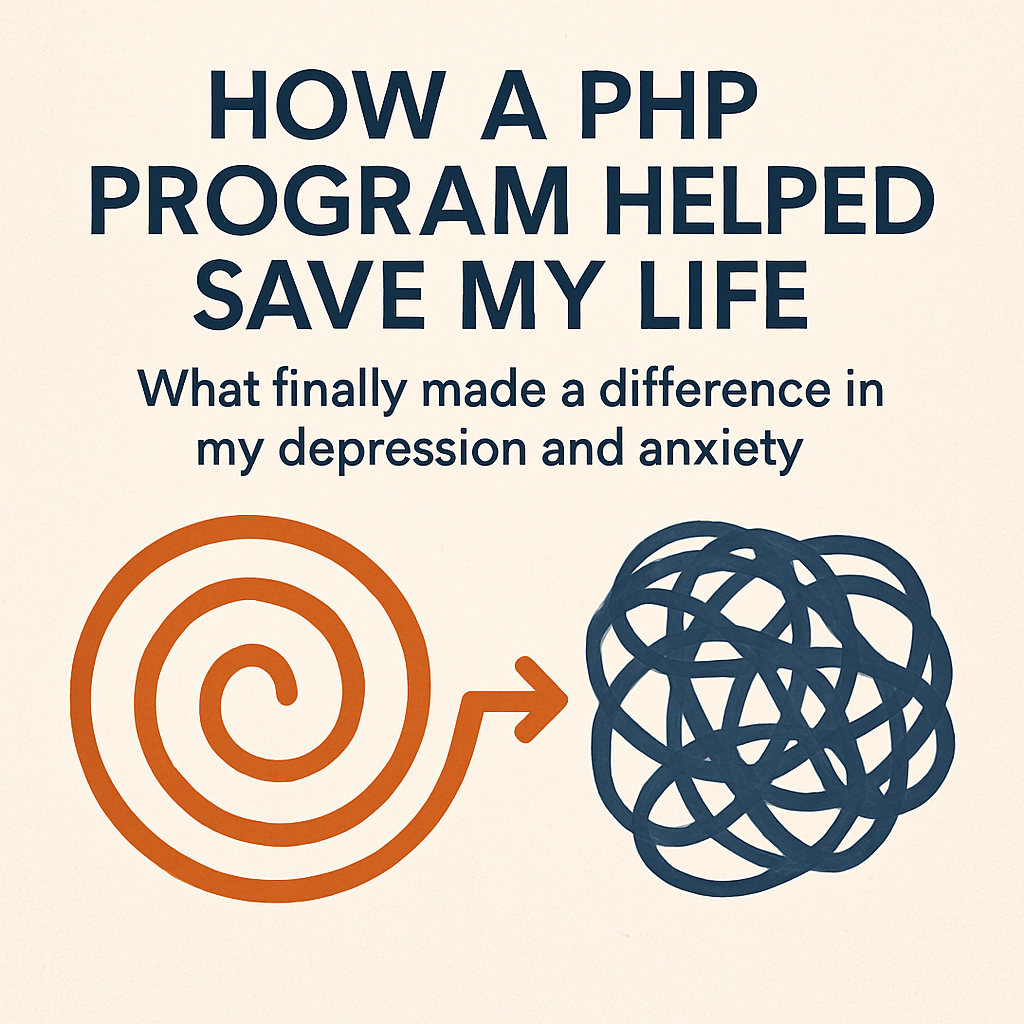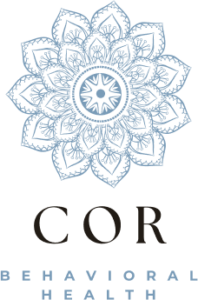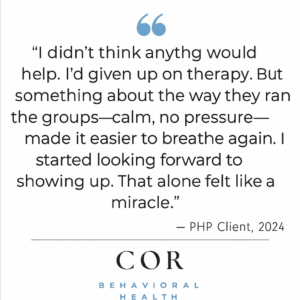
I’ll be honest. I didn’t think anything could help me. I had been through therapy. I had tried medications. I knew what depression looked like—I lived in it. And anxiety? That was the constant hum under everything. So when someone suggested a partial hospitalization program (PHP), my first reaction was: “Why would this be any different?”
But I was wrong. It was different. It helped. And it might help you too.
I Wasn’t in Crisis—But I Wasn’t Okay
There’s this weird middle ground where you’re not actively suicidal, but you also can’t imagine going on like this for much longer. That’s where I was. Functioning on the outside. Hollow on the inside. I wasn’t a danger to myself, technically—but I was exhausted from pretending I was fine.
I Thought I Already Knew What Therapy Was
I had done individual therapy. Twice. I wasn’t against it—but I had stopped expecting much. The idea of group therapy? Frankly, it sounded like something that would make things worse. I didn’t want to hear other people’s problems. I didn’t want to perform my pain in front of strangers.
But the structure of a PHP program is different. It’s not about dumping your story over and over. It’s about learning how to do life again—while you’re still in it.
What I Found in the Room
My first group therapy session was quiet. I listened. No one asked me to share right away. The clinicians didn’t push. The people there weren’t “messed up”—they were tired, smart, skeptical, and hurting in familiar ways.
Someone cracked a joke that wasn’t forced. Someone else said they hadn’t left their house in three weeks. And for the first time in a long time, I felt like maybe I wasn’t broken—just stuck.
The Schedule Gave Me My Brain Back
Being in a PHP program meant I had somewhere to be, every day, for a chunk of the day. Not the full-time intensity of inpatient care. Not the once-a-week wait-and-see of outpatient. Just enough structure to feel held. Just enough freedom to feel like myself.
We did CBT. DBT. Trauma work. Skill-building. I stopped googling “how to get your life together” at 3 a.m. because I was actually learning how.
The People Didn’t Try to Fix Me
That was the biggest thing. No one in the program tried to sell me hope. They just showed up. The clinicians were real. They had boundaries, yes—but also humanity. There was no pretending that six weeks would magically fix everything.
But they helped me start. They helped me stay.
I Started Sleeping Again. Eating Again. Laughing Again.
It didn’t happen overnight. But slowly, my internal volume dialed down. The anxiety quieted enough to let in other things. The depression got less sticky. I started responding to texts again. Watching shows I used to love. Crying less. Laughing more.
This Isn’t a Miracle Story—It’s a Real One
I’m not cured. I still have bad days. But I’m in my life now. I can feel it. And when things start to slip, I know what to look for. I know what to do. That’s what the PHP program gave me—tools I can actually use, not just theories.
If You’re Thinking “Treatment Didn’t Work for Me”…
I get it. You’re not wrong to feel that way. But maybe you haven’t been in the right kind of treatment yet. A PHP program might be the space you need—not to be fixed, but to be seen. Not to erase your pain, but to learn how to live with it differently.
It Wasn’t Just the Program—It Was the Timing
I used to think that if something didn’t work the first time, it meant it never would. What I’ve come to realize is that readiness isn’t a switch you flip. It’s a slow warming. A moment when you’re willing to try again—not because you believe it will work, but because staying the same is too heavy. PHP met me at that edge. Not with fireworks. Just a door I could walk through.
What I’d Tell the Version of Me Who Almost Didn’t Go
Don’t wait to feel sure. You probably won’t. And you don’t need to believe it’ll change your life—you just need to be willing to show up and see. You don’t have to trust the process. Just trust that staying isolated isn’t working. You can bring your doubt with you. There’s room for that here.
Call to Action
📞 If this sounds like the kind of help you’ve been missing, you’re not alone. Call (888) 231-7973 or visit COR Behavioral Health’s PHP program in Hobe Sound, Florida to learn more. It might just be what finally helps.





